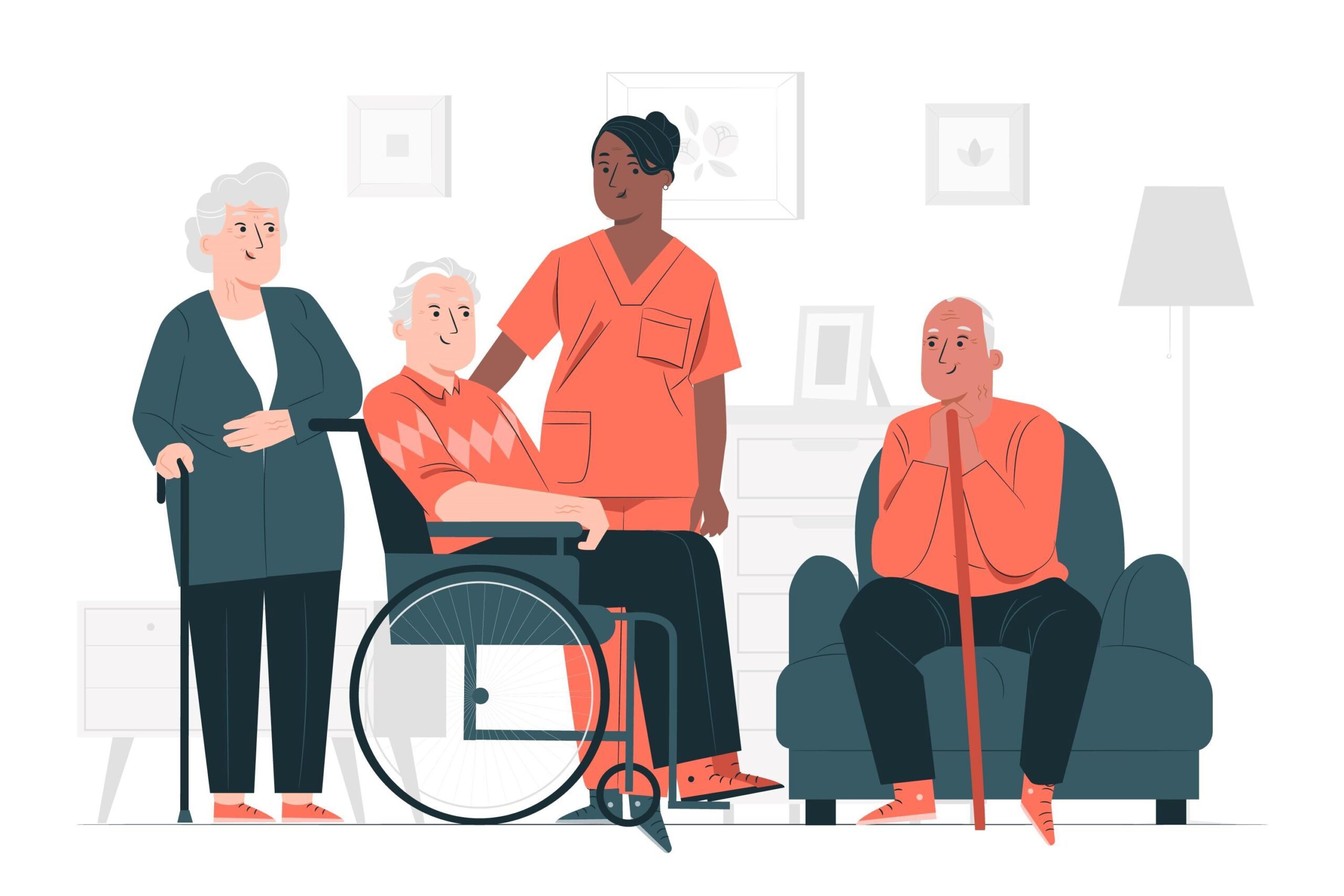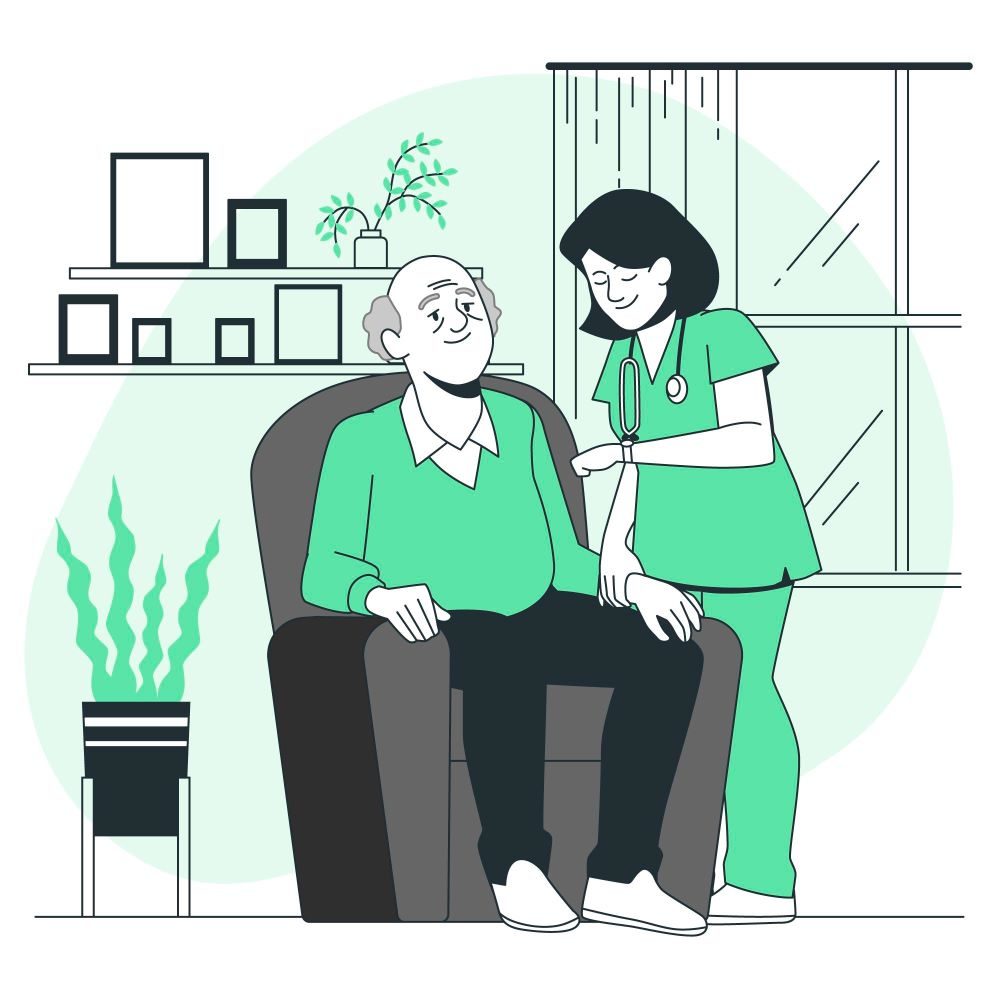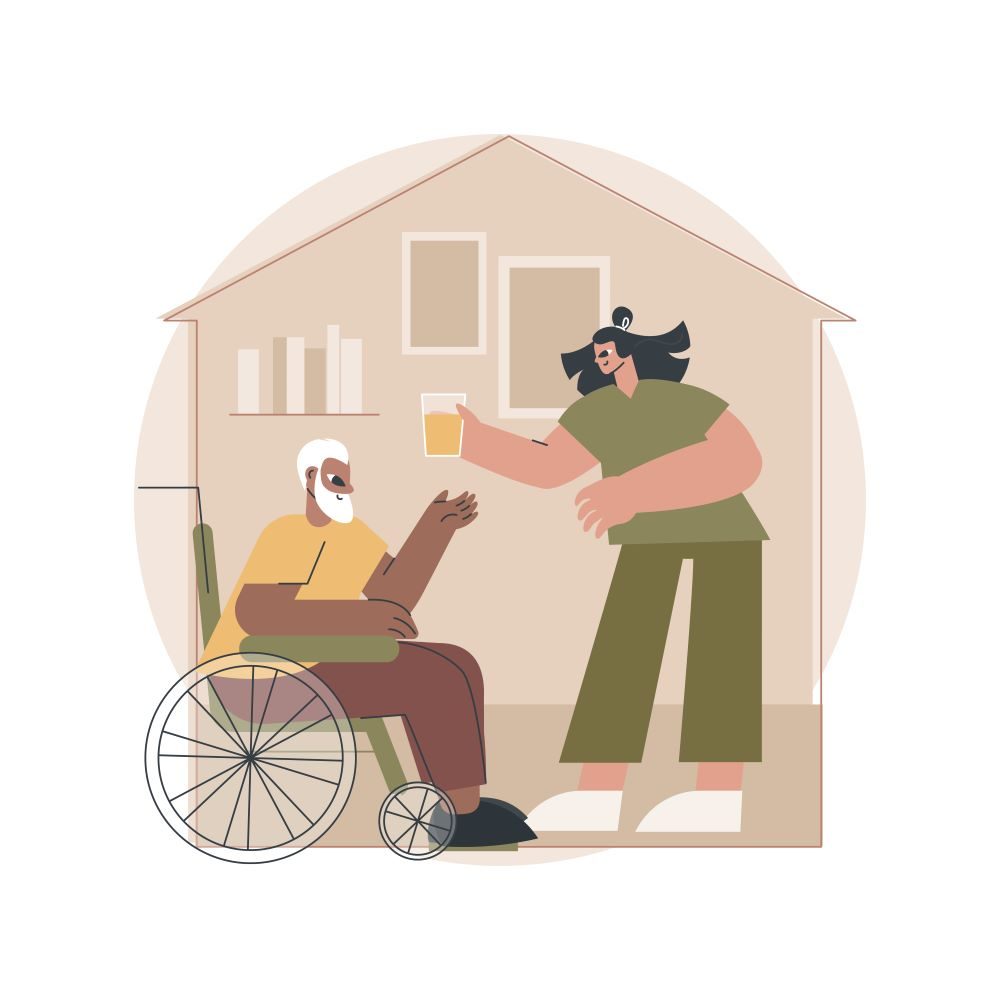A Health Care Aide (HCA) needs to possess both hard and soft skills to be successful in this career. If you are resilient, compassionate, have emotional and physical strength, and can understand what the patient needs 一 all these skills can help you sustain your spot as a Health Care Aide for the long term.
You can acquire the requisite knowledge, skills, and experience by opting for a professional Health Care Aide Certificate program. It doesn’t cost much and prepares you to enter the field in just 33 weeks.
In this blog, we’ll talk about the skills that you must have to stand out and gain an edge over your competition as a Health Care Aide.
The top six skills for a Health Care Aide are:
- Proficiency in providing optimal patient care
- Excellent communication skills
- Flexibility and calmness
- Compassion and patience
- Relevant medical knowledge
- Physical and emotional fitness
Let’s delve deeper into each of these skills:
Proficiency in Providing Optimal Patient Care

As a Health Care Aide, you need to be proficient in carrying out your duties of patient care by using proper techniques that make it easier to maneuver the patient’s movements safely and comfortably. The techniques may entail some of the following:
- Moving, transferring, and positioning patients from one place to another safely and effectively.
- Observing and recording a patient’s behaviour and dealing with them with great patience.
- Checking wounds or surgical stitches regularly, applying medications on time, and changing bandages.
- Following the schedule for timely medication administration.
- Providing CPR and First Aid as and when needed.
These are some essential techniques that you must know to offer optimal patient care. You get to learn and experience these procedures during the Health Care Aide program and practicum. After that, you practice more when you enter the field as an HCA.
Excellent Communication Skills

If you’re a good listener and communicator, you’ll be able to perform your HCA duties quite effectively. Effective communication comes as a crucial skill to becoming a successful Health Care Aide. You should be able to express yourself clearly to get your message through to patients, their family members, doctors, and anyone else involved in patient care.
Reading and comprehending instructions is key to delivering quality services. It ensures you don’t miss out on anything necessary to care for patients. The way you conduct yourself also helps you build a rapport with everyone and streamline things. The role of an HCA includes deep involvement beyond the daily needs of the patient. You offer companionship and emotional support to patients, deal with patients’ families and try to provide solace to them and do everything you can to improve the quality of life of those in your care.
Flexibility and Calmness

Health Care Aides often witness uncertain situations which they have to handle with calmness. Sometimes, there may be an emergency that leads to multiple home visits by friends and family. It can make the entire schedule of the patient go haywire. You have to be flexible to handle the changes and manage everything with a calm mind.
There may be situations where you need to take responsibility and cover for other HCAs. You should be ready to multi-task, be flexible to take up various responsibilities emerging out of unpredictable circumstances, and think quickly to provide solutions to problems. These skills come in handy when you are being given a variety of things to manage simultaneously.
Compassion and Patience

HCAs need to showcase compassion, empathy, and patience while working with senior patients. Some of them may be suffering from severe cognitive diseases that may cause mental instability and weakness in patients. Children or young adults coping with physical or intellectual disabilities can also be difficult to care for.
You might have to look after stubborn patients, who do not follow instructions or don’t have the ability to understand what they are being asked to do. It becomes difficult to communicate with such patients but you have to meet them at their level to make them understand things. Compassion and patience are essential skills to support sensitive and vulnerable patients safely.
Relevant Medical knowledge

Health Care aides typically acquire their medical knowledge through formal schooling and training. You will have the chance to expand your understanding of medical applications and patient care techniques as you pursue this job in the medical industry, which will help you succeed.
Checking vital signs, taking your temperature, changing wound bandages, accompanying patients to doctor appointments, and expanding your understanding of pharmaceutical and medical terminology are all crucial medical principles in this function. These skills include understanding anatomy, physiology, the names and signs of prevalent diseases and disorders, and popular prescription medicines. The health care aide training program will cover medical terminology thoroughly for newcomers to the sector.
Physical and Emotional Fitness

It takes enormous physical endurance to provide care for patients in their homes. Health Care Aides frequently perform household chores for their patients and provide them with specialized care. The capacity to lift, move, and stand continuously is necessary for helping patients get dressed, sit, stand, and move around. Additionally, a lot of home health aides assist patients with meal preparation and running errands, so you’ll need to be able to carry out these kinds of tasks.
How to Improve Health Care Aide Skills
If you want to build or enhance your skills as an HCA, you can do so by following these tips below:
- By continuing your formal education and training: You can enroll in additional courses and keep practicing through workshops. It’ll help you remain up-to-date with new patient care techniques and be more effective in your work.
- Find a mentor: Working with a mentor can help you gain more skills from their experience and you can apply them in the field.
- Connect with patients: Make efforts to build a rapport with your patients and their families to be able to understand their needs better and deliver excellent services.
- Seek feedback: Asking for feedback can help you know your areas of improvement and see where the scope is to gather more knowledge.
Looking to advance your career as a Health Care Aide?
ABM College offers a certificate program in Health Care Aide and gets you ready to enter the medical profession in 33 weeks.
Contact us today to learn more.
Read more articles here.
Graphics: https://www.freepik.com/
About The Author

Private Career College
ABM College is a leader in career-focused education, committed to empowering students with industry-relevant skills. With expert instructors and practical training, ABM College delivers high-quality programs in health, business, technology, and more, ensuring graduates are prepared to meet workforce demands. Known for its supportive learning environment and a focus on real-world application, ABM College is a trusted educational partner helping students achieve professional success across Canada.
